Helminthiasis is a common disease. According to statistics, the infection rate of the population is between 20% and 80% depending on the area of residence and social level. In countries with tropical and subtropical climates, the percentage of infections is particularly high. More than 280 kinds of parasites are known to be harmful to humans. The signs of helminthiasis vary depending on the location and type of parasite. The treatment plan is formulated separately for each clinical case.
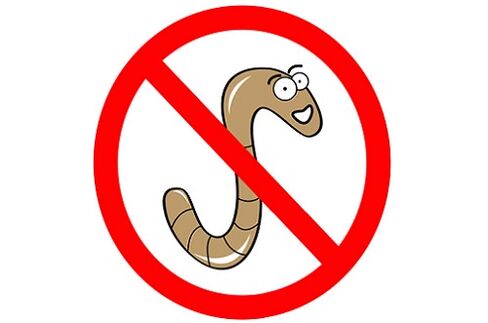
The main reason for the invasion
Worms are parasites, and their typical habitat is the human body. There are some factors that can cause infection. In the vast majority of cases, helminthiasis is caused by non-compliance with personal hygiene rules and regulations. There are four main ways for parasites to invade the human body:
- Biological worm disease. Infection occurs when the eggs and larvae of worms enter the digestive tract by eating raw, half-lived, smoked, dried meat, or fish.
- Exposure to helminthiasis. Only by transferring the parasite eggs from an infected person to a healthy person can infection be possible. This invasion method is typical for pinworms.
- Ground worm disease. Parasites enter the human body when they come into contact with plants, soil, and water in open natural reservoirs.
- When bitten by a blood-sucking insect. This type of invasion is common in countries with tropical and subtropical climates.
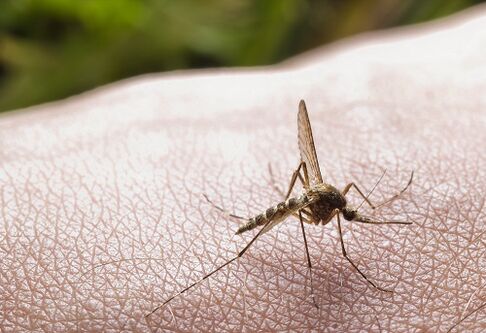
important!Worms appear in adults and children due to the use of low-quality food and non-compliance with personal hygiene norms and rules. Excluding these factors is the best choice to prevent the invasion of worms.
Clinical picture
The symptoms of the disease vary depending on the type of worm, the degree of damage to the organs and tissues, and the individual characteristics of the infected person. The general and most common symptom of helminthiasis in children and adults is weight loss, provided that the previous diet is maintained, anal folds are itchy, various manifestations of allergies, decreased immunity and general health deterioration.
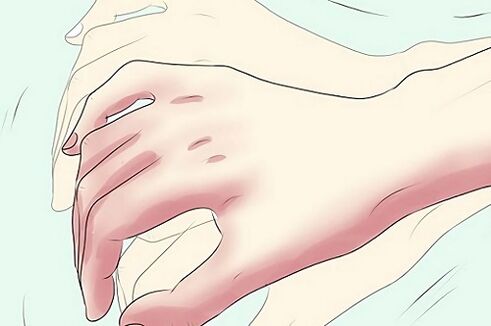
The symptoms of parasitic infections are divided into several different subgroups:
- Central nervous system diseases. No matter where it is located, worms can cause symptoms, which are caused by the poisoning of the body by the toxic substances and decay products released by the parasite during its life. These signs include sleep disturbance, irritability, tearing, depression, and trembling limbs.
- Digestive system diseases. There are nausea, vomiting, loss of appetite, diarrhea and constipation system alternation, pain in the middle of the abdomen, flatulence.
- Allergic reactions and decreased body immunity. These symptoms are characteristic of the early stage of worm invasion and are the result of parasite poisoning and waste poisoning.

Worms can cause symptoms in a person, and their treatment requires individualized methods. These include skin lesions, ulcers, purulent abscesses, etc.
diagnosis
The diagnosis of helminthiasis is based on a thorough study of the patient’s medical history, determination of the propensity for infection, and laboratory tests. most commonly used:
- Study feces, duodenal contents, and scraping in anal folds. Stool analysis allows you to identify eggs, larvae, dead and living parasites. The diagnosis of worms under laboratory conditions is only valid after at least 4 to 6 weeks after infection.
- Investigate by serological methods, including enzyme immunoassay, PCR, RSK, etc. Any blood test for helminthiasis is one of the most effective tests. Before conducting hemolymph studies to detect parasites and eggs in human blood, it is recommended that you first become familiar with the test rules.
- Typical habitats for detecting parasites are liver tissue, gallbladder, skin, ultrasound and X-rays.
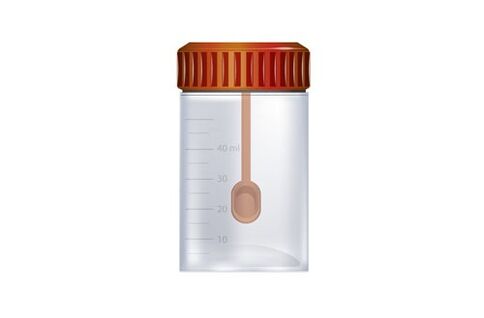
In order to get the most accurate results, it is recommended to follow all test rules prescribed by the doctor. In addition, at the end of the drug treatment process, it is recommended to repeat the test to rule out the recurrence of helminthiasis.
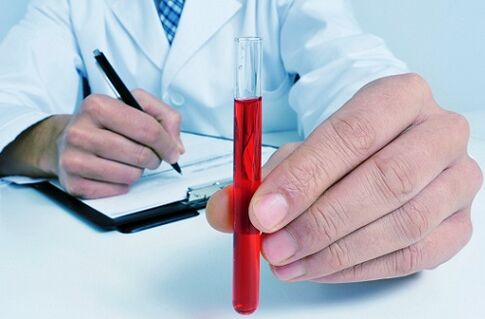
medical treatement
The treatment of helminthiasis requires a comprehensive approach. In addition, the concepts of symptoms and treatment are inextricably linked. According to the clinical symptoms of the disease, appropriate treatment methods are selected. Its role is to eliminate discomfort and improve the well-being of patients.
The treatment of worm infestation consists of three main stages: preparation, direct medication and recovery. It is also important to eliminate the obvious signs of worm infection. The manifestation of worm infection may cause discomfort to the patient. During the preparation period, it is recommended to follow a strict diet, use only natural products, steam or roast, and take drugs that improve digestion.
The treatment plan is prepared separately. The final stage of treatment is to restore the patient's body. To this end, use drugs with immunomodulatory effects, as well as drugs and bioactive additives that restore the microbiota of the digestive system.
Folk method
In the fight against helminths, natural homemade products with anti-parasitic properties will help. They can only be used after a doctor recommends them. In addition, homemade medicines are not a panacea for worms; they should be used as part of a comprehensive treatment.
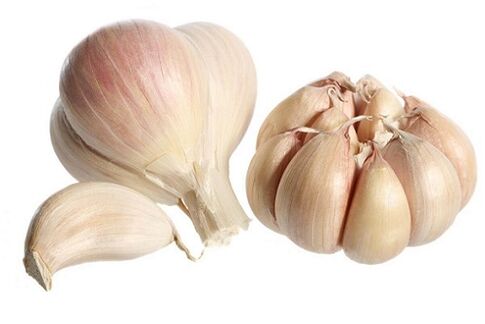
Some of the most effective and safe recipes include:
- pumpkin seeds. In order to get positive results, you need to eat at least one cup of raw seeds every day during the week. For children, the dose can be halved.
- Garlic enema. To prepare the solution, boil a large head of garlic in a glass of natural milk for 10 minutes. Then take out the root vegetables, cool the resulting infusion to a comfortable temperature, and use it as directed. It is recommended to perform such procedures while taking the medication.
- Fresh garlic, onion and sauerkraut juice. If there are no contraindications, it is recommended to consume these products every day. This will help remove the worm and prevent re-infection.
- Dieting is also a folk method. It is recommended to change the diet significantly, limited to vegetables and fruits, which can be eaten both fresh and after heat treatment. You should stick to this diet for at least ten days. In addition, this diet is very beneficial for improving and normalizing the function of the digestive tract.
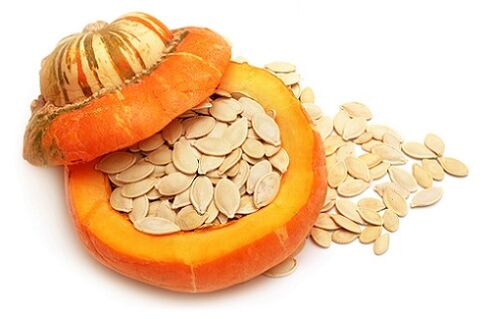
important!The above-mentioned traditional medicine methods are also suitable for children.
How to prevent infection
Prevention of parasites is a must. In the basic rules and regulations:
- It is not recommended to eat foods made from raw, dried or slightly salted meat or fish.
- Wash thoroughly, then blanch fruits, herbs and vegetables with boiling water.
- Preventive deworming of livestock that may be the direct source of infection.
- Wash your hands frequently and take precautions when gardening.
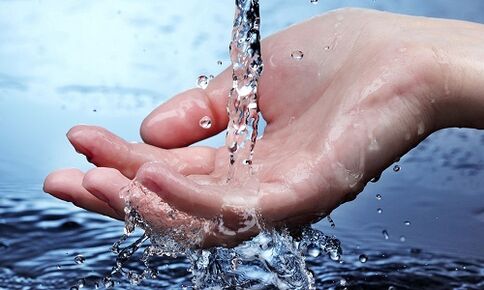
In addition, you need to consult a doctor regularly for check-ups to identify parasites. You should receive a preventive checkup at least once a year. This rule applies to children in pre-school institutions. It is easier to cure worm infections in the early stages of infection.



























